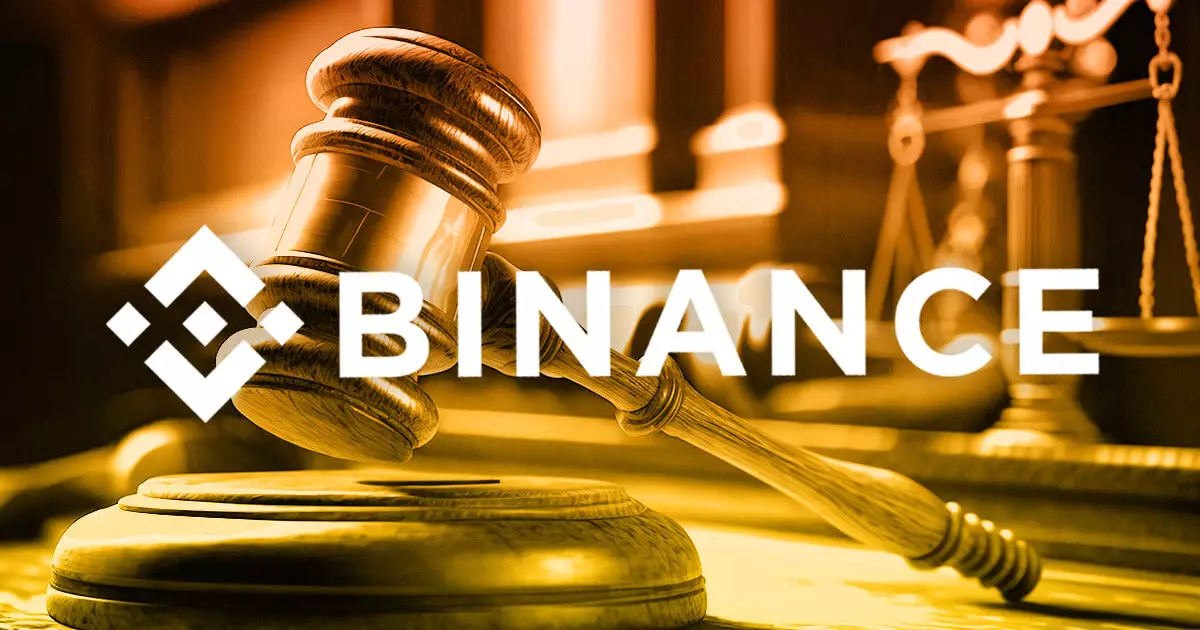Binance, the leading cryptocurrency exchange in the world, has recently come under fire in India for non-compliance with Anti-Money Laundering (AML) regulations. The country’s Financial Intelligence Unit (FIU) imposed a hefty fine of 188.2 million Indian Rupees (approximately $2.2 million) on Binance for violating the Prevention of Money Laundering Act (PMLA). Despite the exchange’s attempts to justify its actions, the regulator found the charges to be substantiated, leading to the imposition of the fine. This incident underscores the importance of adhering to regulatory requirements in all jurisdictions where Binance operates.
In Canada, Binance is facing another regulatory challenge related to Anti-Money Laundering (AML) and Counter-Terrorism Financing (CFT) regulations. The Financial Transactions and Reports Analysis Centre (FINTRAC) penalized Binance for failing to register as a foreign money services business and report transactions exceeding $10,000. Despite Binance’s argument that it does not directly offer services in Canada and its unsuccessful attempts to establish operations in the country, FINTRAC imposed a fine of $4.4 million. This case highlights the complexities of regulatory compliance in the cryptocurrency industry, especially when operating across borders.
Binance’s troubles extend to the United States, where its subsidiary, Binance.US, had its license as a money transmitter in North Dakota revoked by the state’s financial regulator. The decision was based on the exchange’s failure to comply with local regulations and the federal conviction of Changpeng Zhao, Binance’s co-founder and beneficiary owner of the US subsidiary. Zhao is currently serving a four-month jail sentence in the United States for breaching financial regulations. This development raises concerns about the governance and oversight of Binance’s global operations, particularly in light of regulatory scrutiny in multiple jurisdictions.
The regulatory challenges facing Binance have broader implications for the cryptocurrency industry as a whole. As the largest exchange by trading volume, Binance plays a significant role in shaping the market and influencing regulatory trends. The company’s struggles with compliance issues in India, Canada, and the United States highlight the need for greater transparency, accountability, and regulatory engagement within the industry. Failure to address these issues could result in further crackdowns by regulators and erosion of trust among investors and users.
Binance’s regulatory challenges serve as a wake-up call for the cryptocurrency industry to prioritize compliance and regulatory best practices. By addressing the concerns raised by authorities in various jurisdictions, exchanges like Binance can foster a more sustainable and secure environment for trading and investing in digital assets. Only by working closely with regulators and demonstrating a commitment to compliance can the industry build trust and credibility among stakeholders.















